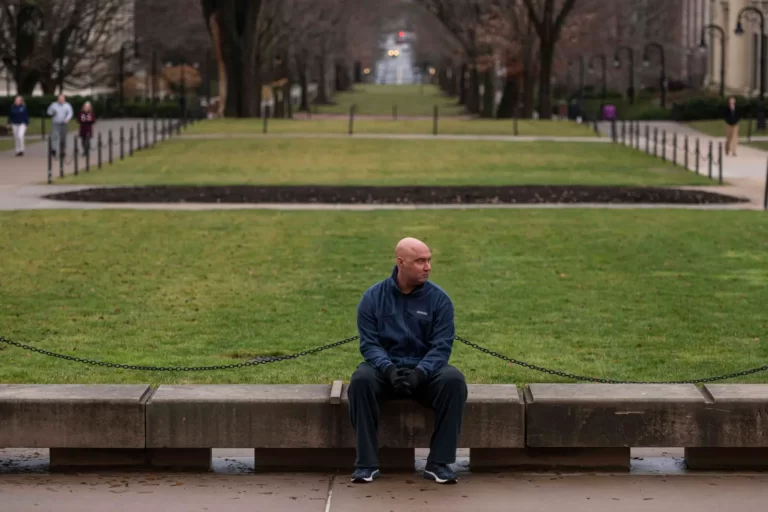The Bartlett & Steele Silver Award in the Global/National Category for 2023 went to “Uncovered,” ProPublica’s three-piece investigation into exploitative practices in the health insurance industry. The first two pieces were done in collaboration with “The Capitol Forum.”
The series identified different ways that health insurance companies put patients (and their families) at massive physical and financial risk, often in areas that existing regulations don’t reach. The investigation has spurred calls for greater industry oversight.
ProPublica editor T. Christian Miller, who oversaw and edited all three stories in the series, recalled how each issue came to the team’s attention. “We began looking into insurance when one of our reporters was contacted by a whistleblower who was upset by what was happening at Cigna,” Miller said.
The first article addressed Cigna’s claim-denial algorithm, which allowed medical directors to deny individual coverage claims without actually reviewing them. “We were able to view documents that showed Cigna was tracking each of its medical directors – the folks who review insurance claims,” Miller said. One tracking metric showed that certain types of claims were denied every 1.2 seconds. “We knew that was a story right away.”
After publishing the first story, ProPublica posted a call for readers to share any notable, personal “nightmare experiences” with the health insurance industry. They found that almost everyone had a story about getting denied health insurance coverage.
The influx of comments they received (ultimately over 2,200) led them to expand ”Uncovered” into a series. “The idea was to get behind the inner working of the industry and figure out how they denied prior authorizations and claims for medical treatments”
Reader tips led ProPublica reporters to their second story, about UnitedHealthcare and Christopher McNaughton. McNaughton suffered from severe ulcerative colitis, but UnitedHealthcare was withholding payments for his medicine. McNaughton’s parents sued, forcing United to disclose their case files.
“Anyone can do [this] – you just have to write your insurer and ask for your claim file,” Miller said.
McNaughton’s file was particularly damning. “Chris’ file produced audio tapes of United employees discussing his claim – and laughing when it was denied,” Miller said.
The final story was about health-sharing ministries and Liberty Healthshare, one such ministry run by the Beers Family Empire.
Liberty Healthshare, explained Miller, was an “insurance-like health plan called a health sharing ministry… these health plans basically collected money from members and used it to pay for other members’ health needs. Because these funds were not pooled together, like in a typical insurance plan, they largely escaped regulation.”
This investigation opened up a world that the ProPublica reporters never knew existed. “We focused on Liberty because it was run by this one family whose members had a checkered past with health fraud,” said Miller. This was the Beers family, the family that ProPublica discovered was behind Liberty Healthshare.
Reporters Ryan Gabrielson and David McSwane soon connected with Liberty insiders and former employees with stories of questionable financial transactions between the business, Beers family members, and contractors owned by other members. “They also scoured business records to discover that the Beers had used money to buy a private airline, a pot farm and carpet wholesalers,” said Miller. “Meanwhile, they found patients who were struggling to pay their bills.”
Regulatory progress and other results of the investigation
While many of the exploitative and unfair practices detailed in “Uncovered” are still permitted in the healthcare industry, ProPublica’s investigations shed light into a lot of dark corners and provided guidance to help future patients avoid similar traps. More progress may be forthcoming – as a result of this series, Congress and the IRS have both undertaken investigations of the involved companies.
For example, Miller explained that in most states, “a doctor must examine a claim before determining if it’s denied. Whether a 1.2-second examination actually counts as a ‘review’ might be a focus for a reform-minded legislator. The same thing with healthcare-sharing ministries. They were exempted from regulation in the Affordable Health Care Act thanks to the work of a lobbyist for the industry. Whether that carve out continues is anybody’s guess.”











